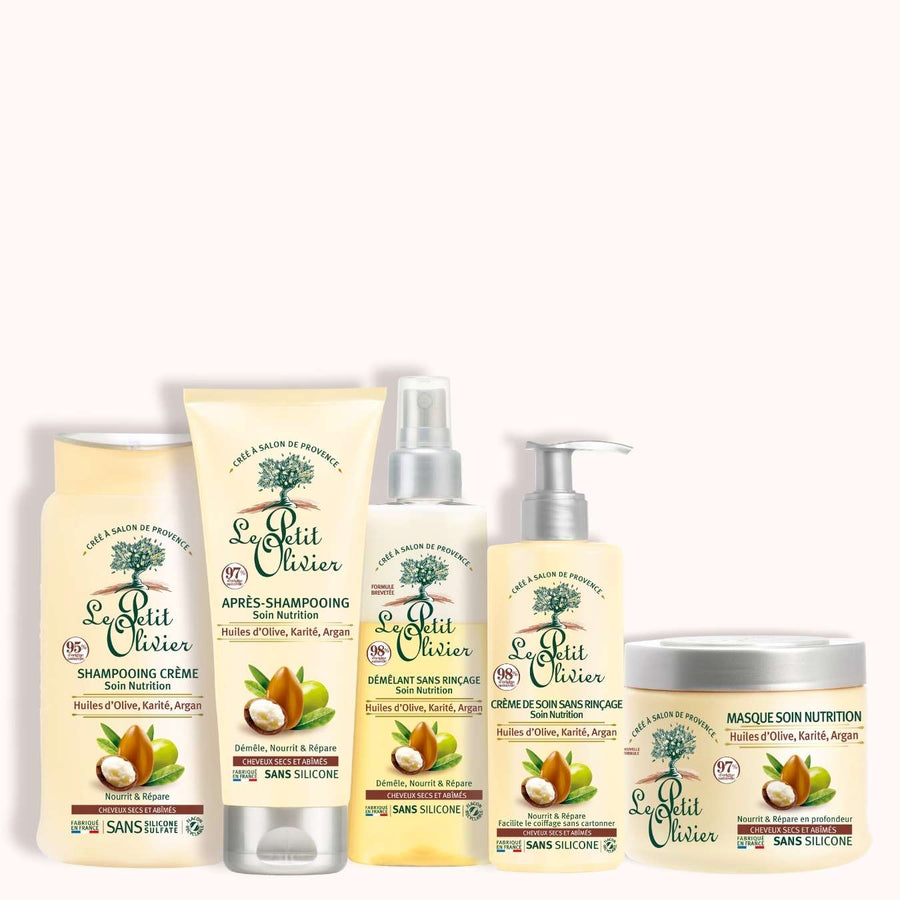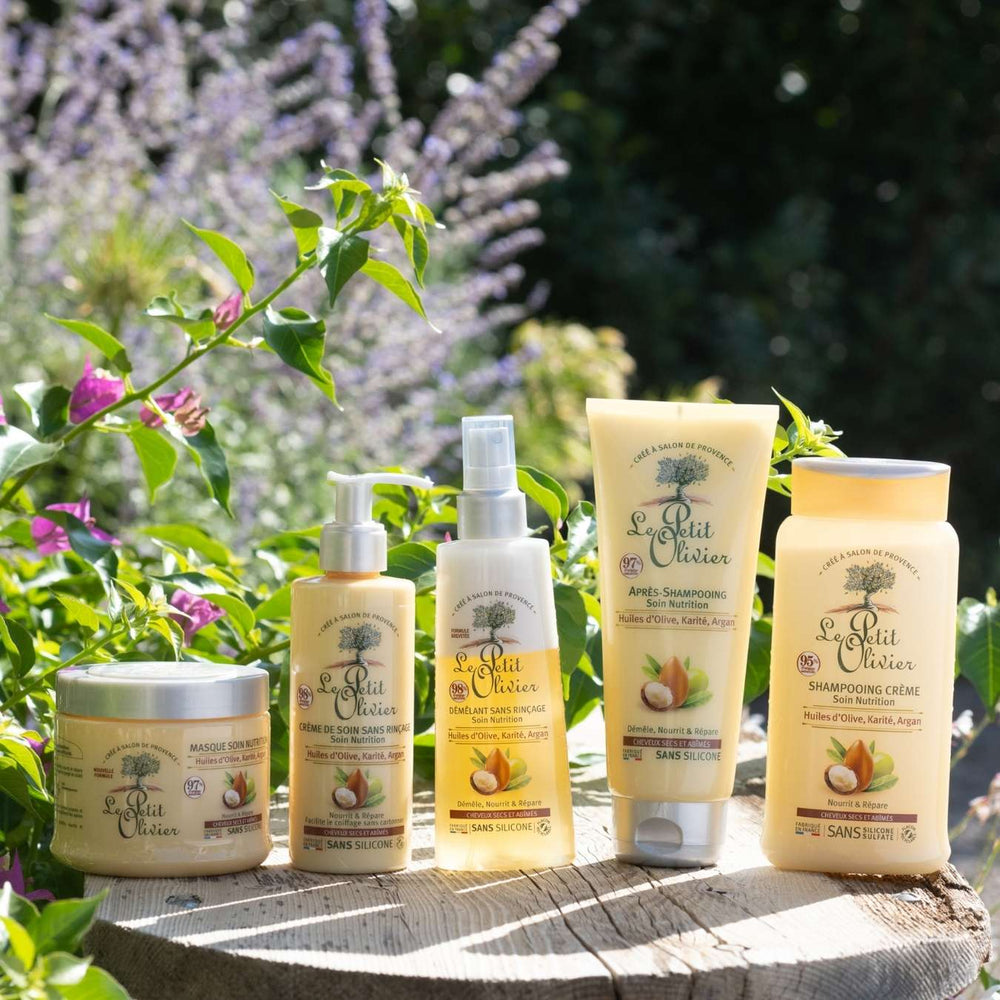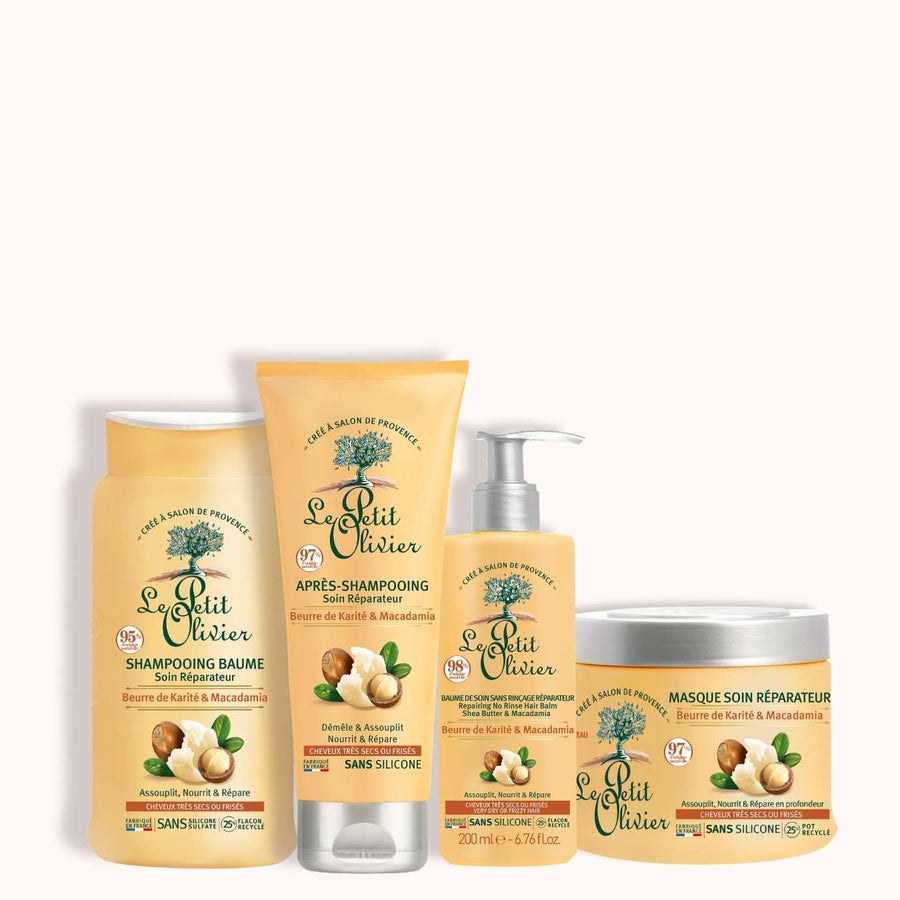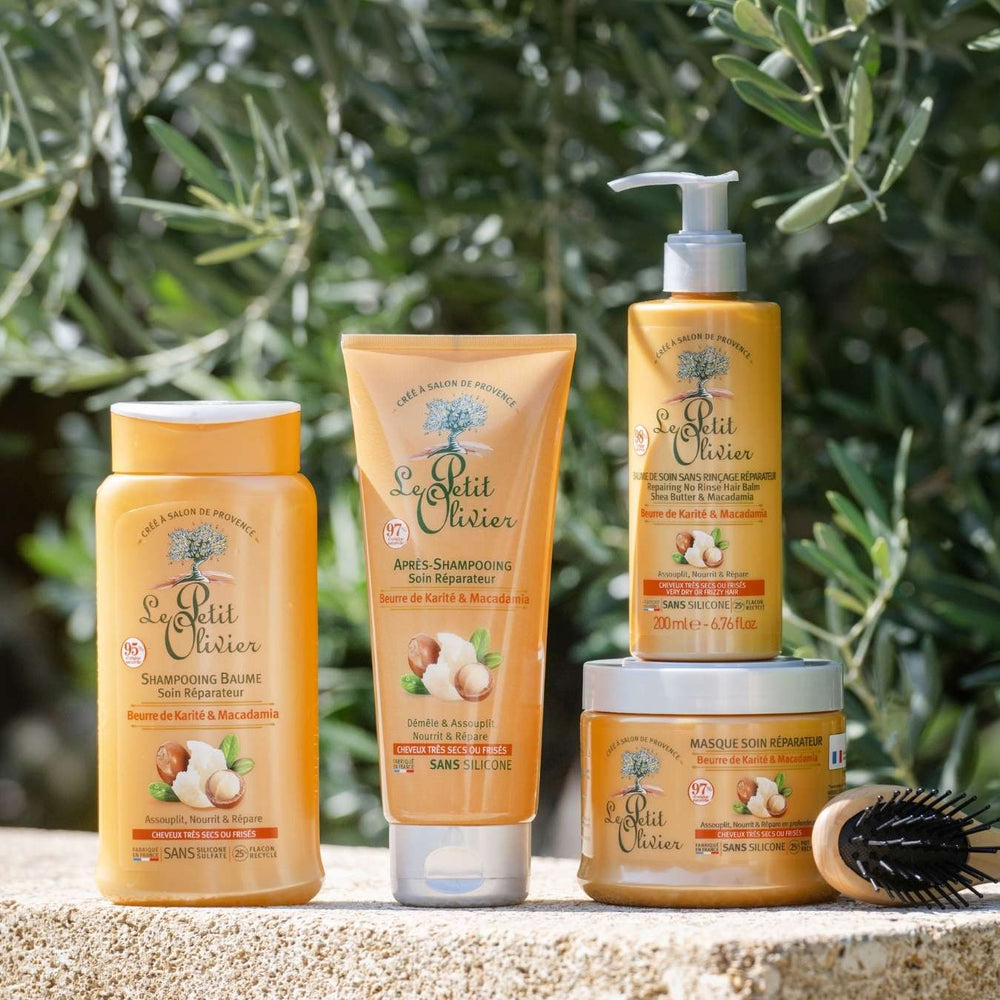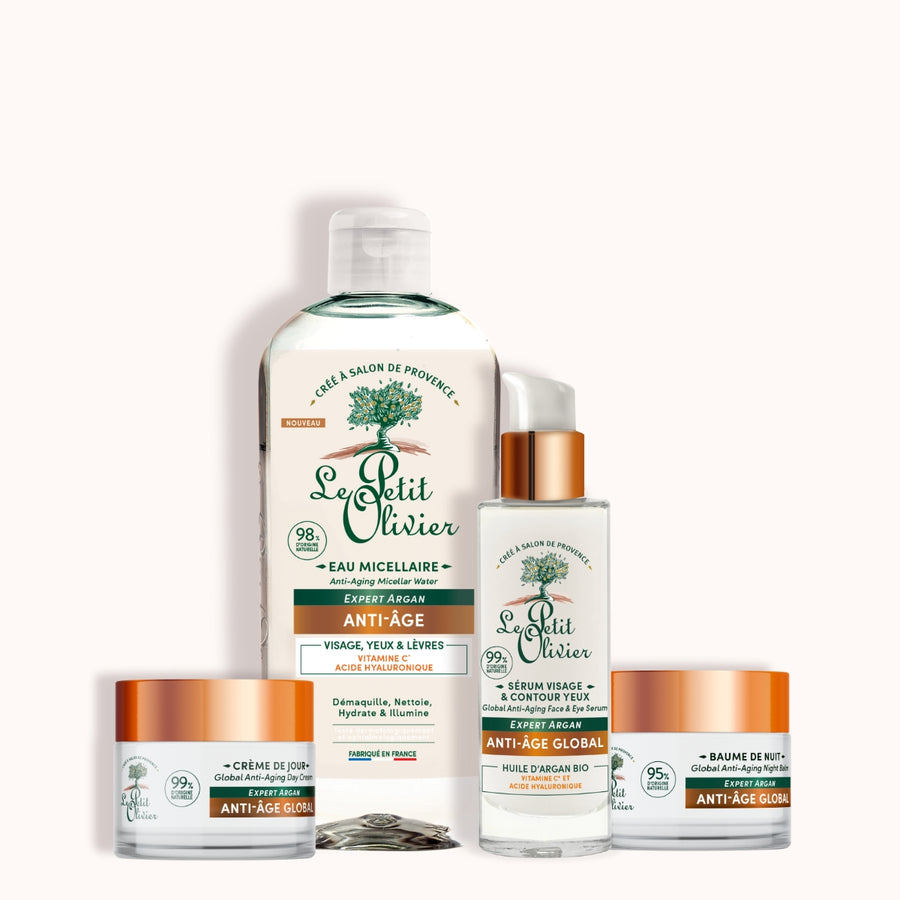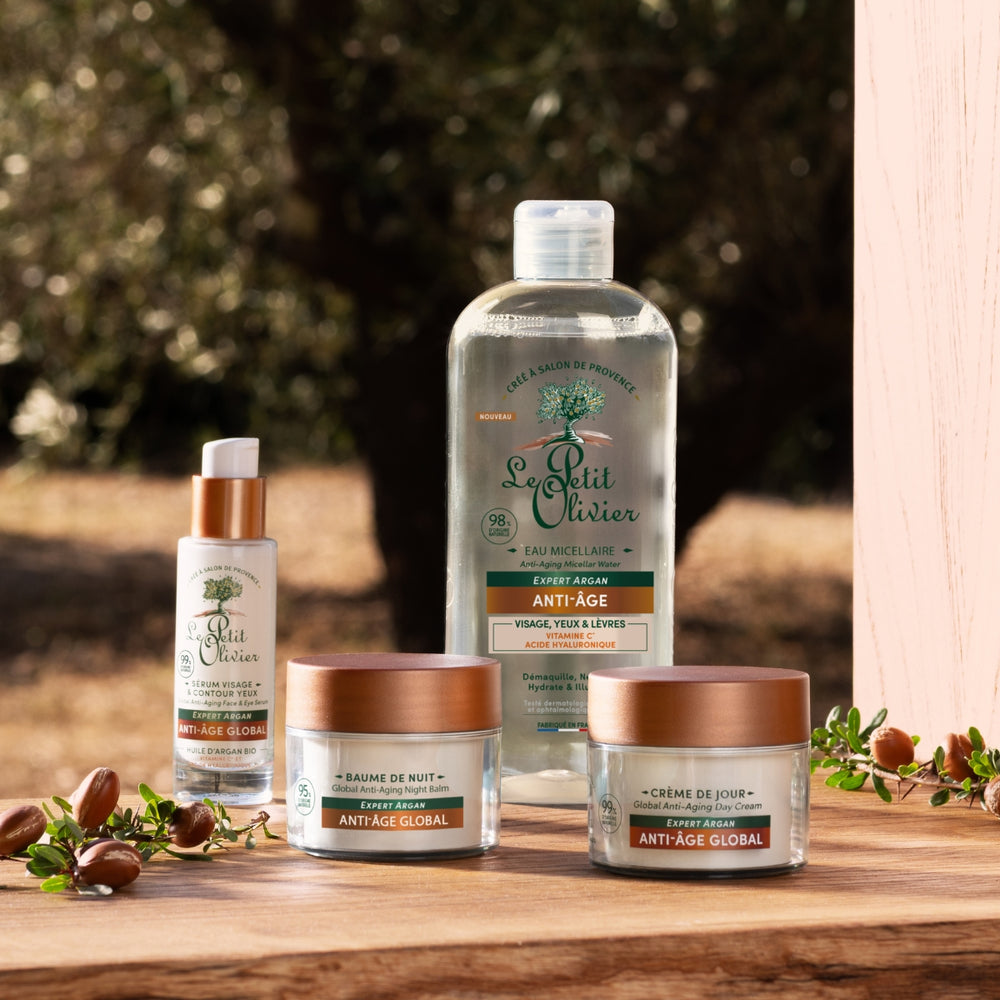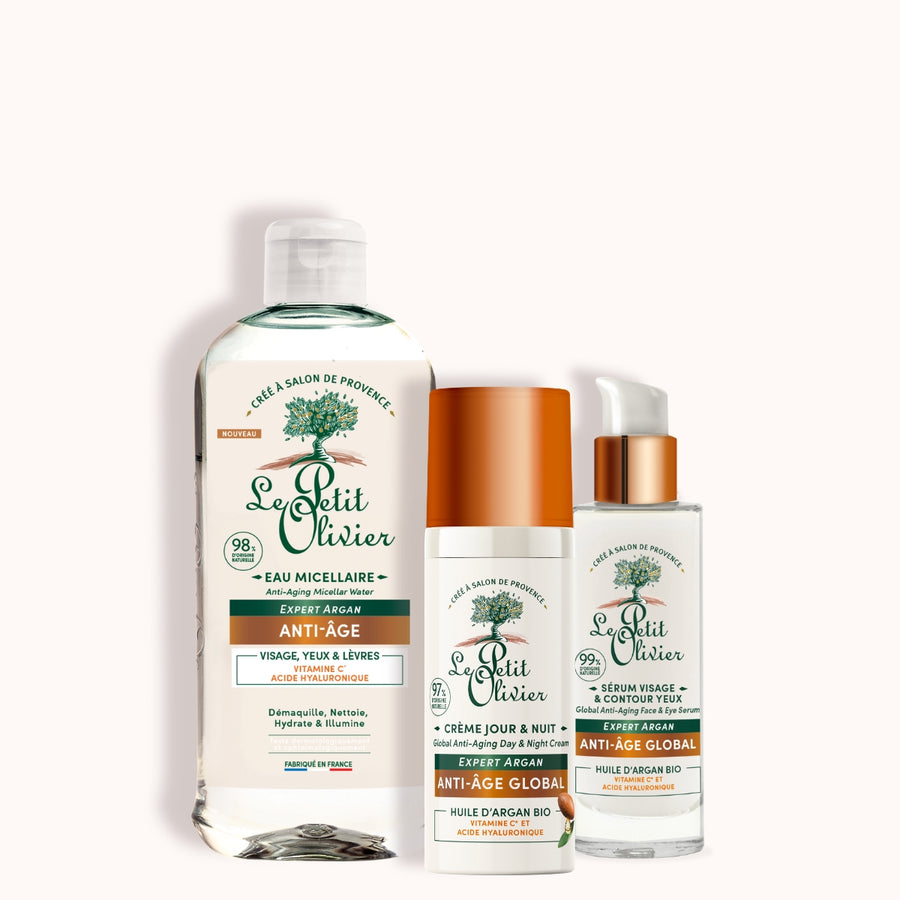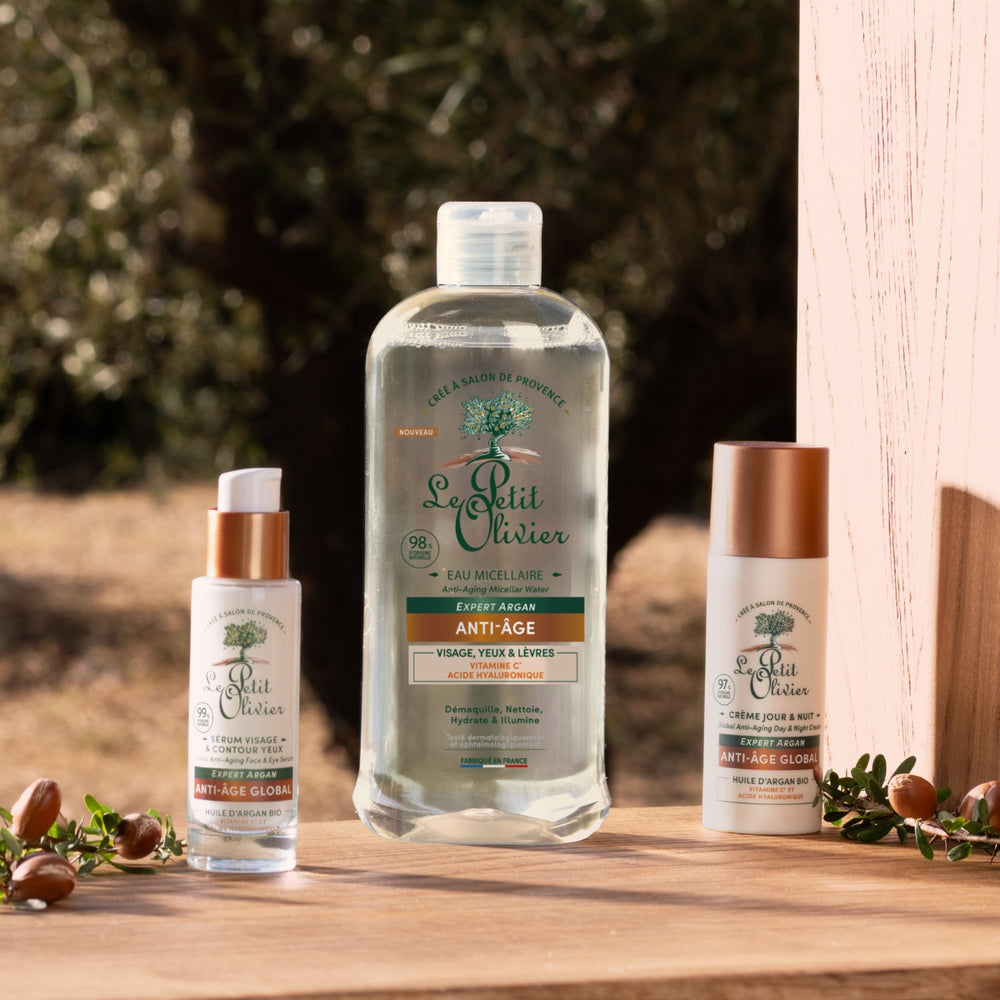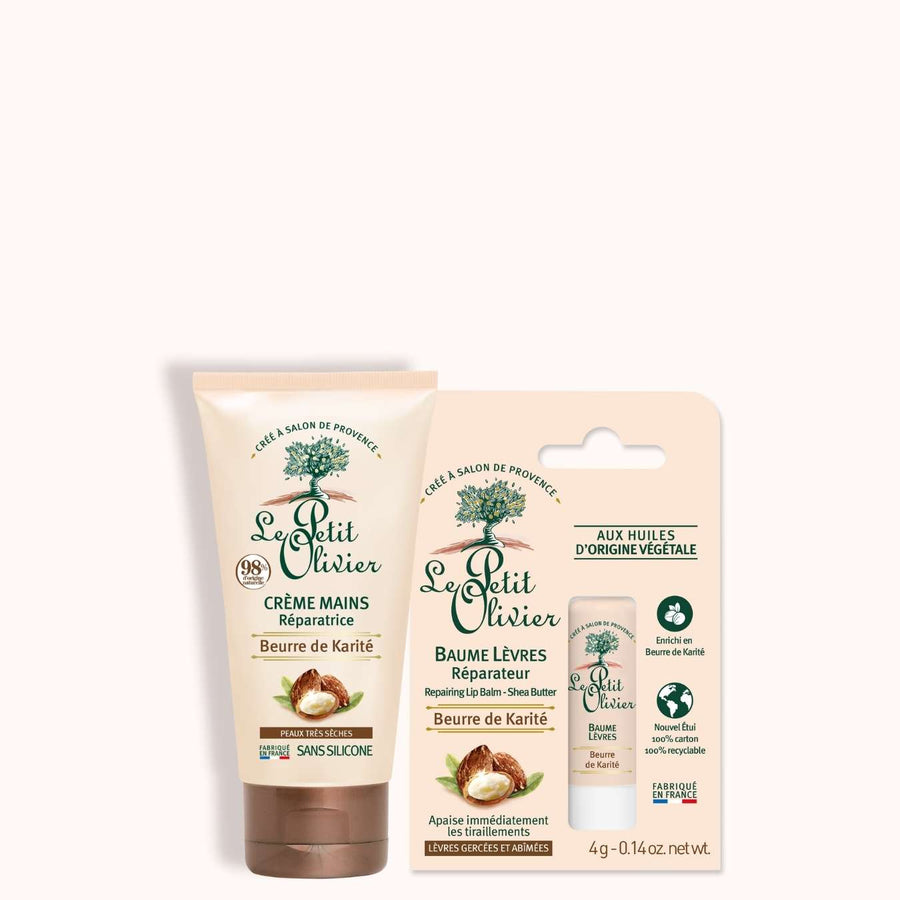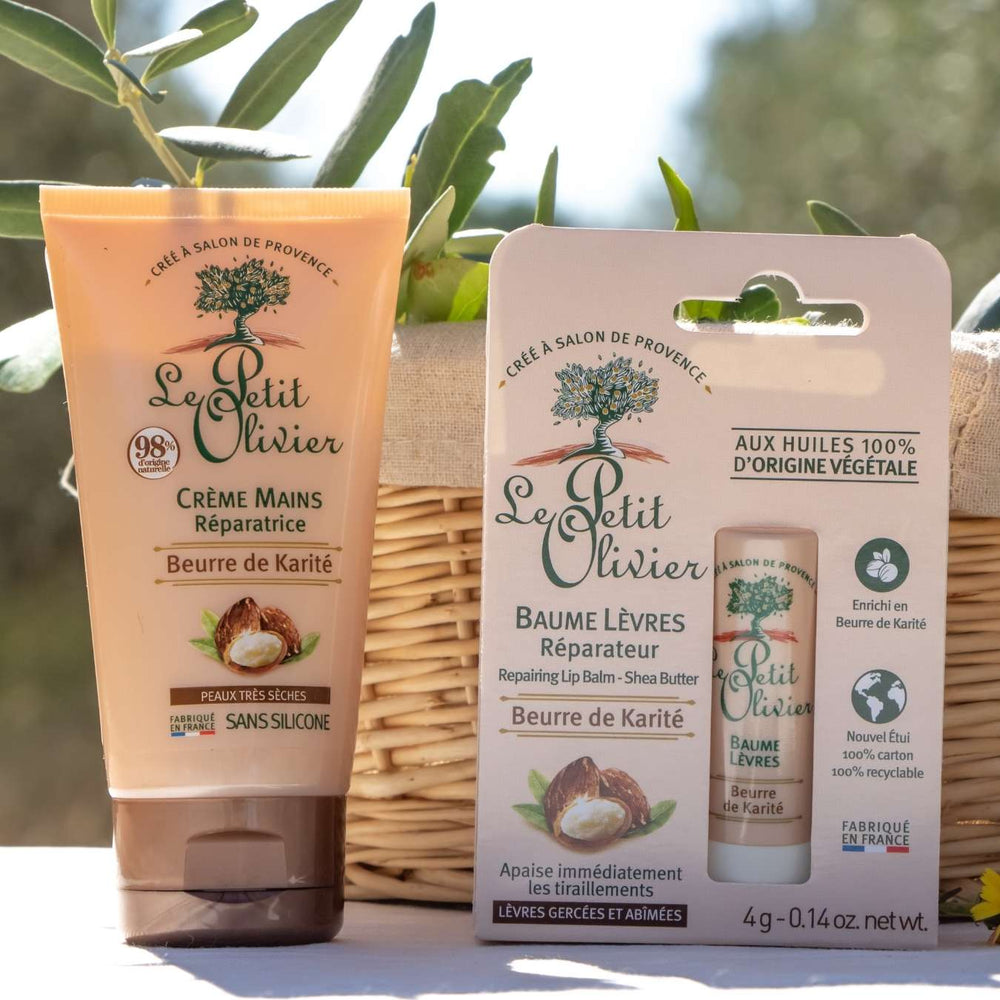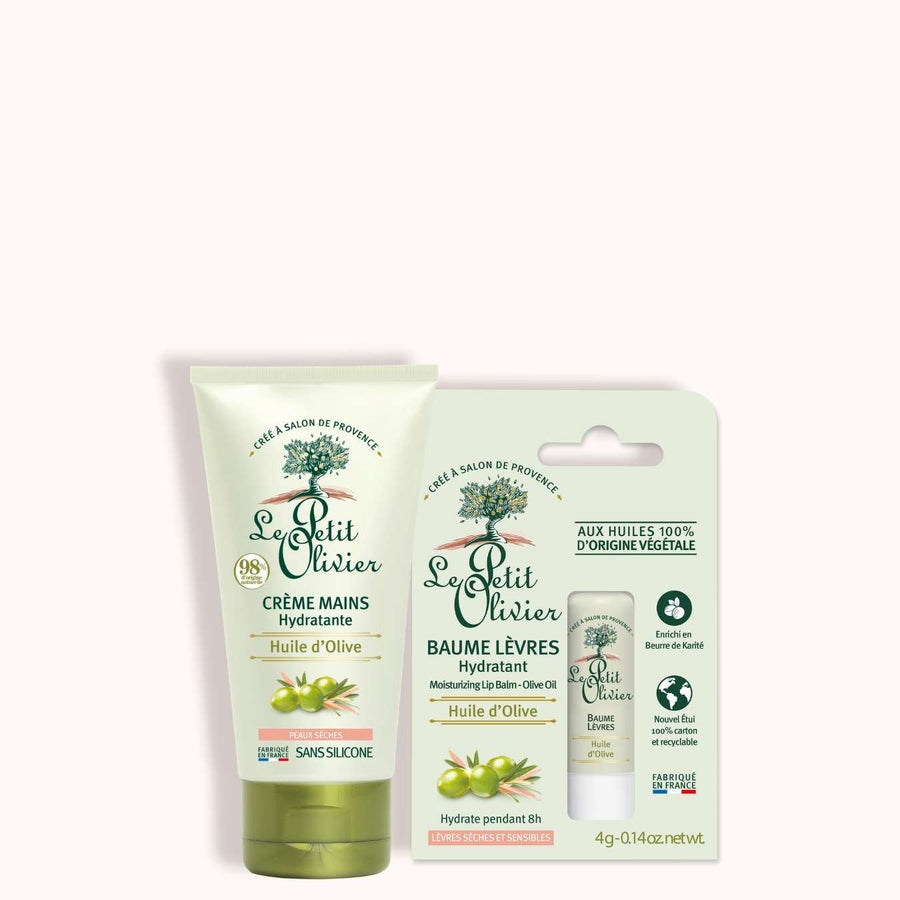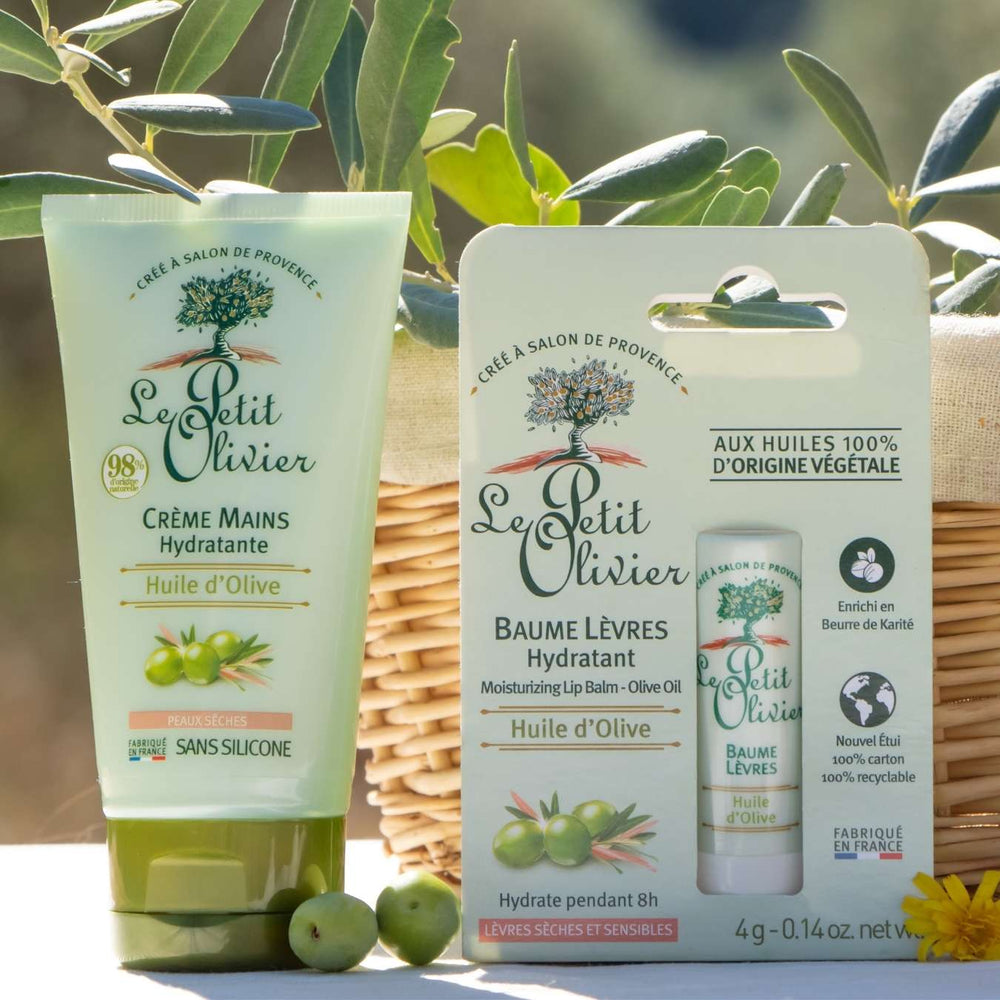Can you use a detangler every day without damaging your hair?
Hair detangler, that indispensable ally in our hair routines, is often seen as a miracle product for taming flyaways. But can we really use it on a daily basis without risking damage to the hair fiber? To answer this question, it's essential to understand how detanglers work and their specific role. These products act by enveloping each strand of hair in a protective film that facilitates styling while preserving its integrity.
On this page, we'll explore the different types of detanglers available on the market, whether spray or cream, natural or chemical. We'll also look at the potential benefits of daily use, and the precautions to take to avoid damage. Finally, we'll look at the impact of detanglers on various hair types, and discuss possible alternatives for incorporating these treatments into your hair routine. For more details on how to apply detanglers to get the best results, you can consult our complete guide.
Understanding the role of a hair conditioner
What is a hair conditioner?
Hair detangler is an essential ally in the quest for manageable hair. Designed to reduce tangles and make combing and brushing easier, it is ideal for people whose hair tends to tangle easily, whether because of its natural texture or because of the treatments it has undergone. As well as making styling easier, detanglers play a protective role by protecting the hair fiber from mechanical aggression during brushing. But how do you choose the right one for your specific needs?
How detanglers work on the hair fiber
Detanglers work primarily by enveloping hair in a fine film that reduces friction between hair fibers. This sheathing action is made possible by a judicious combination of active ingredients that adhere to the hair's keratin, providing softness and suppleness. This process not only facilitates styling, but also contributes to enhancing your hair's natural shine.
To maximize the effectiveness of detanglers, it's crucial to apply them to damp hair, when the cuticle is slightly open and ready to absorb these beneficial active ingredients. Whether you opt for a light spray or a rich cream, be sure to adapt your choice to your hair's specific needs to avoid unnecessary weighing down.
The different types of hair conditioner
Detangling spray versus detangling cream
In the world of hair care, the choice between a spray conditioner and a cream conditioner may seem trivial, but it takes on vital importance depending on the nature of your hair and your specific expectations. Spray detanglers are light and airy, making them ideal for fine or fragile hair that needs care without weighing down the fiber. Applied to damp or dry hair, they offer remarkable practicality for those looking for a quick solution to integrate into their daily routine.
Cream conditioners, on the other hand, are designed for thicker or very dry hair requiring intense hydration. Their rich texture envelops each strand in voluptuous softness, facilitating styling while providing extra protection against external aggressions. Applied to wet hair, these creams penetrate deep into the hair, delivering their nourishing active ingredients where they're needed most.
Natural detanglers versus chemical detanglers
The debate between natural and chemical detanglers revolves around personal preferences and environmental values. Natural detanglers, formulated with botanical extracts and active ingredients derived from nature, are appealing for their respect for the environment and gentleness to the scalp. They are the preferred choice for those wishing to minimize exposure to synthetic substances while enjoying undeniable effectiveness.
However, chemical detanglers should not be overlooked. Thanks to advanced formulas, they can deliver impressive immediate results in terms of shine and suppleness. These products often incorporate powerful conditioning agents capable of instantly transforming hair texture.
So, whether you opt for naturalness or technological efficiency, it's essential to assess your hair's specific needs in order to adopt the product that will magnify your daily hair routine while remaining true to your personal convictions.
Daily use of conditioner: benefits and precautions
Potential benefits of daily use
Incorporating a detangler into your daily hair routine can transform the way you perceive your hair. Imagine hair where every strand glides through your fingers, without resistance or tugging. That's precisely what a regular application of conditioner promises, especially for those with hair prone to stubborn tangles. By enveloping each hair fiber in a protective film, detangler reduces friction and prevents breakage during styling.
Precautions to take to avoid damaging hair
Although detanglers are an invaluable ally, their use requires a few precautions to preserve hair integrity. First of all, it's essential to choose a product suited to your hair type. A conditioner that is too rich may weigh down fine hair, while a light formula may not be sufficient for thick, curly hair.
Also remember to apply the product sparingly: too much may not only weigh down your strands, but also cause unwanted build-up on the scalp. Start with a small dose, concentrating on the ends before moving up to the roots if necessary.
Finally, be sure to rinse thoroughly after each use to avoid any residual build-up that could dull your hair or clog scalp pores. Adopting these simple gestures will enable you to enjoy the full benefits of detangling while avoiding its potential pitfalls.
Impact of conditioners on different hair types
Effects of conditioner on fine, fragile hair
For fine, fragile hair, the use of a conditioner can be a real blessing. This delicate hair needs special attention to prevent it from sagging or losing its natural volume. A well-formulated conditioner, enriched with light active ingredients, offers a toning action without weighing down the hair fiber. Imagine being able to run your fingers through your hair without encountering a single knot, while preserving its airy lightness.
The active ingredients in these products help to restore body to strands, providing lift and volume. However, it's crucial to choose a conditioner specifically designed for this type of hair to avoid any undesirable effects. Choose those that focus on softness and suppleness to maintain the natural elasticity of hair fibers.
Effects of conditioner on thick, curly hair
Thick, curly hair requires special care when styling to preserve its unique structure. Detangling these types of hair must be done on damp hair to avoid unwanted breakage or frizz. The role of detangler here is twofold: to facilitate the passage of the wide-spaced comb between strands, while reinforcing the hydration needed to define curls.
A good detangler wraps each curl in a protective layer that helps maintain its natural shape while eliminating stubborn knots. Formulations rich in nourishing active ingredients are ideal for bringing softness and shine to curls often prone to dryness. By incorporating a product like this into your hair routine, you can offer your hair a pleasant sensory experience, with a delicate fragrance that accompanies every movement.
Don't forget that the choice of tools is also essential: opt for a soft-toothed brush or a wide-toothed comb, depending on the density of your curls, to guarantee styling that respects your hair texture.
Ingredients to look for in a hair conditioner
Ingredients to avoid to protect hair
Not all ingredients are beneficial for regular use. It's crucial to avoid certain components that could prove aggressive to your hair. Sulfates, for example, although effective as detergents, can dry out and weaken the hair fiber when used too frequently.
Similarly, beware of drying alcohols, which can rob your hair of its natural moisture. Finally, beware of formulas containing parabens or other potentially irritating preservatives. Opting for a detangler free of these substances will help preserve the integrity and comfort of your scalp, while ensuring optimal care for your hair on a daily basis.
Alternatives to conditioner for daily hair care
Natural hair care options for detangling hair
In the quest for knot-free hair, it's possible to turn to natural solutions that respect both your hair and the environment. Have you ever considered using hair vinegar in your final rinse? This simple gesture can transform your routine. By balancing hair's pH, vinegar not only restores shine and luster, but also facilitates detangling by tightening cuticle scales.
Hair routines to complement conditioner
To optimize the effectiveness of your detangler, remember to enrich your routine with simple but effective gestures: Regular use of a wide-tooth comb on damp hair also helps prevent the formation of stubborn knots. Always start with the ends and gently work your way up to the roots to minimize breakage.
Don't forget that certain daily practices can have a major impact on the condition of your hair. Avoid frequent blow-drying or high-temperature blow-drying, which weaken the hair fiber. Instead, opt for gentle air-drying whenever possible.
By incorporating these natural alternatives and complementary gestures into your hair routine, you can offer your hair the kind of loving care it needs, while preserving its natural beauty on a daily basis.
We recommend these other pages:
- Should I apply detangler to wet or dry hair for best results?
- When is the best time to apply a hair conditioner?
- How to distribute conditioner to avoid persistent knots?
- Should the conditioner be applied all over the hair or just to the ends?
- Hair detangler: what are the best application techniques?




